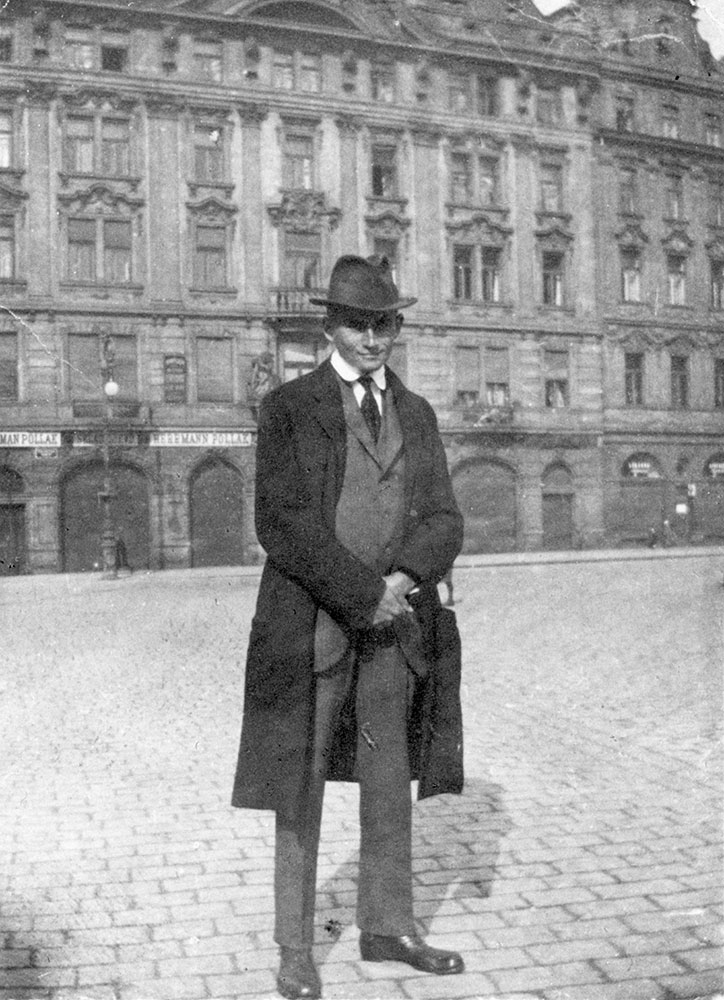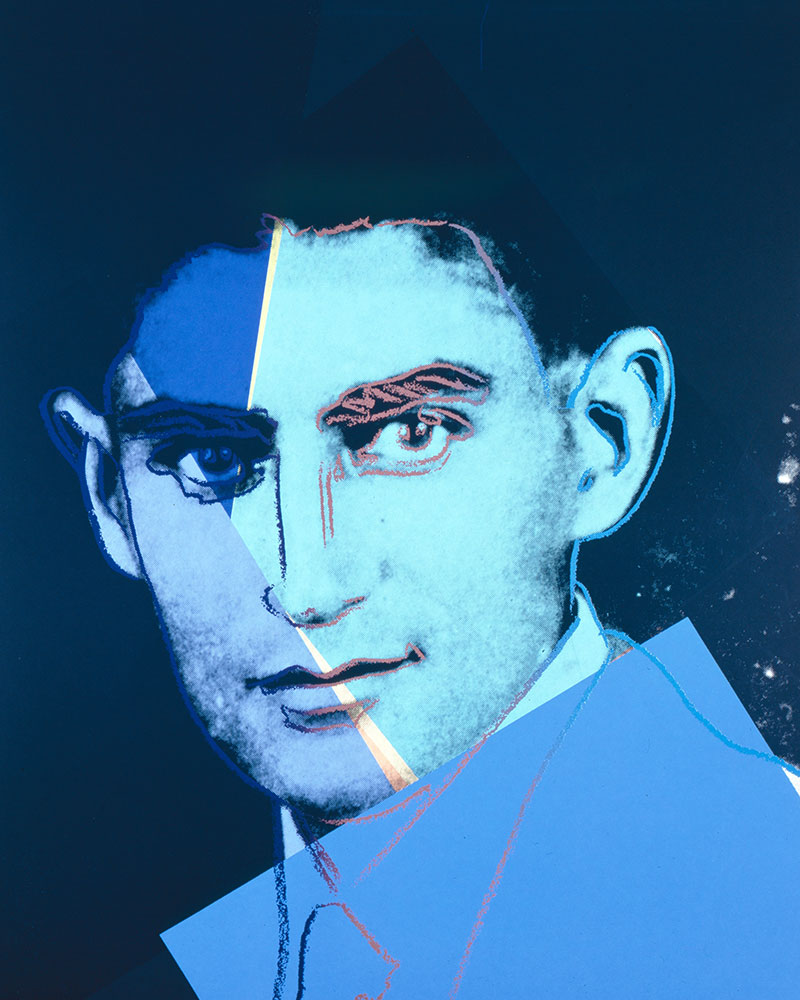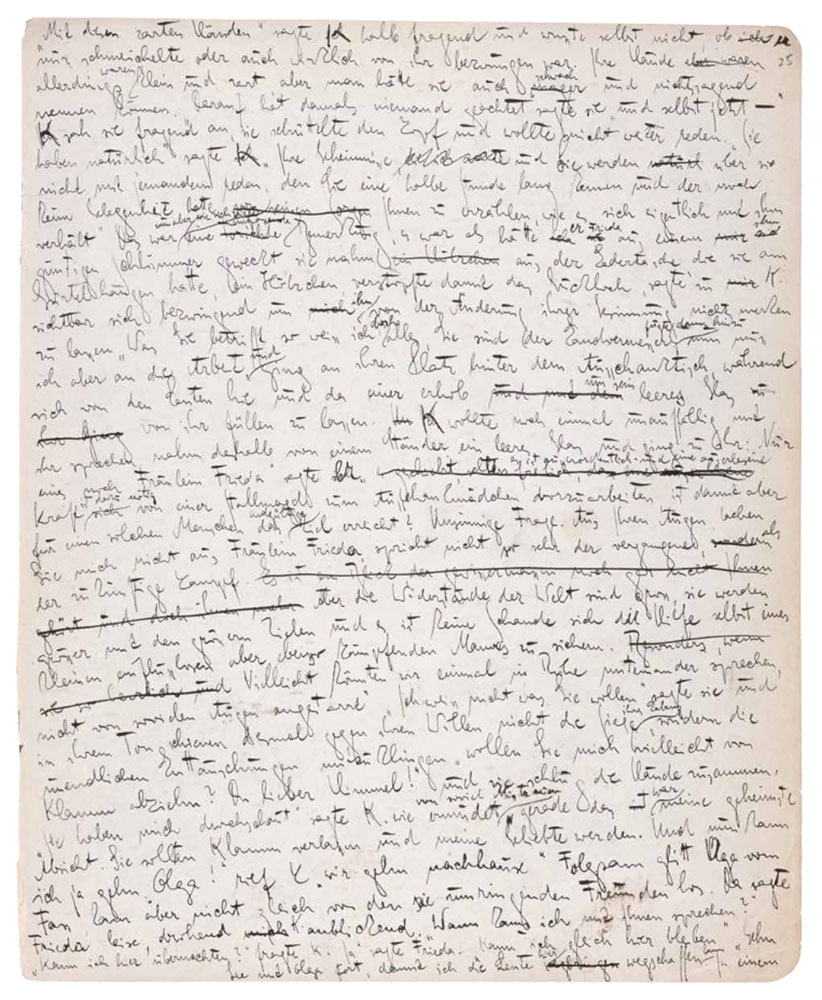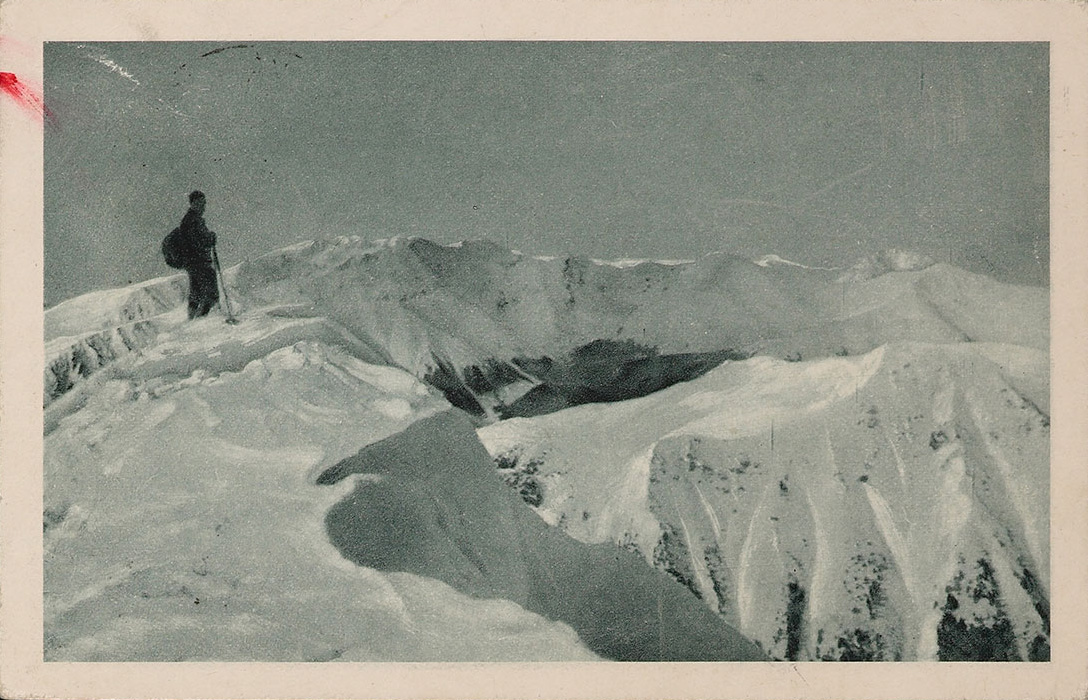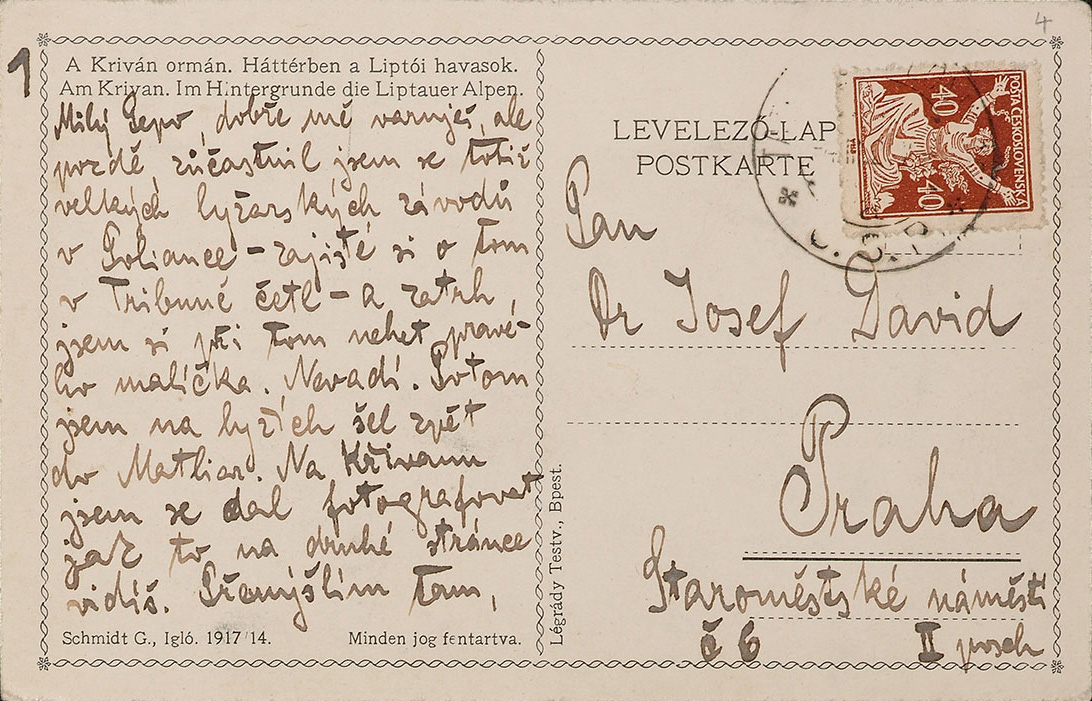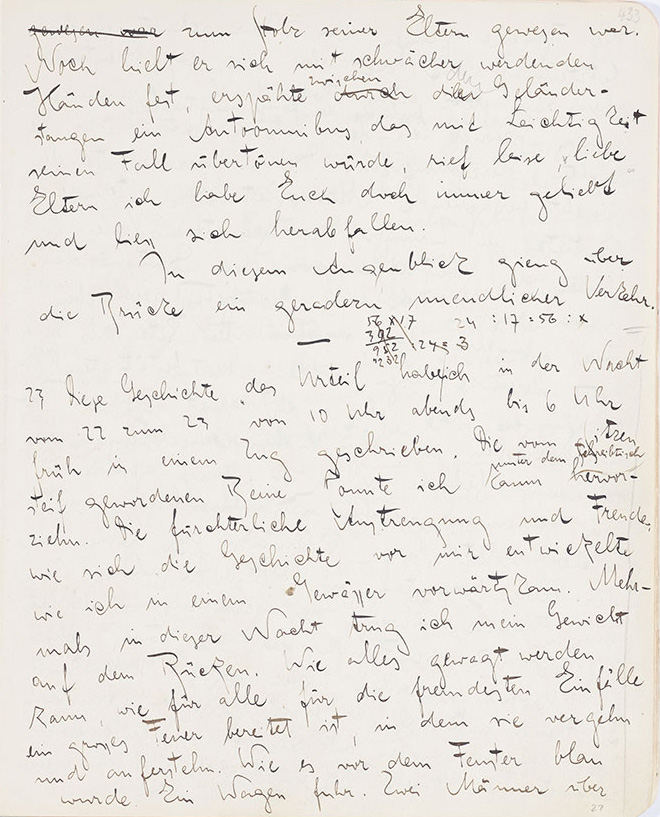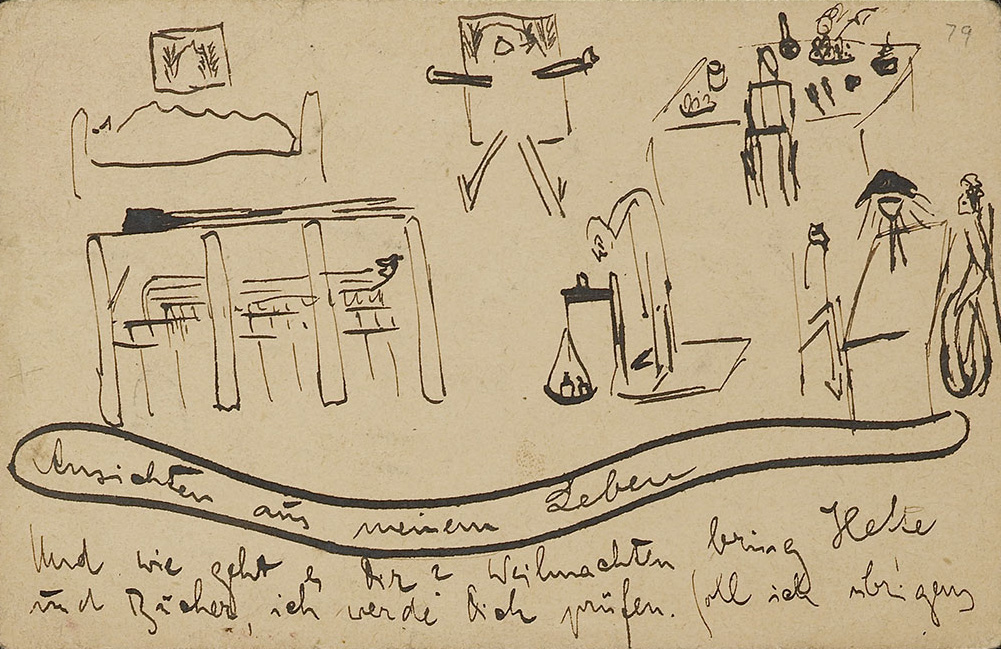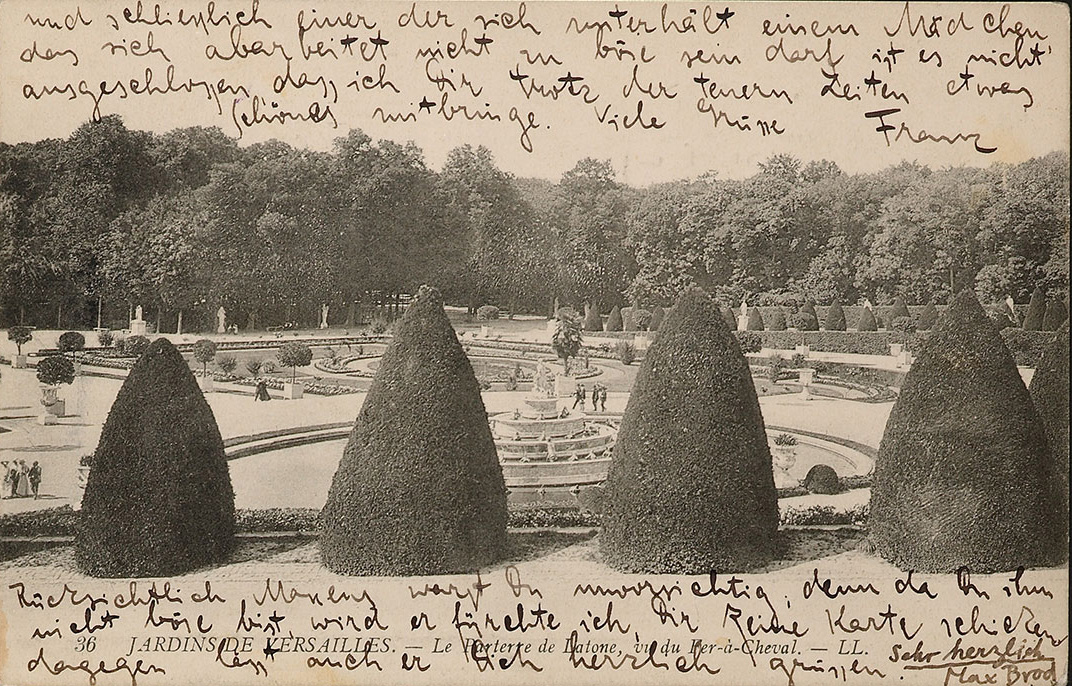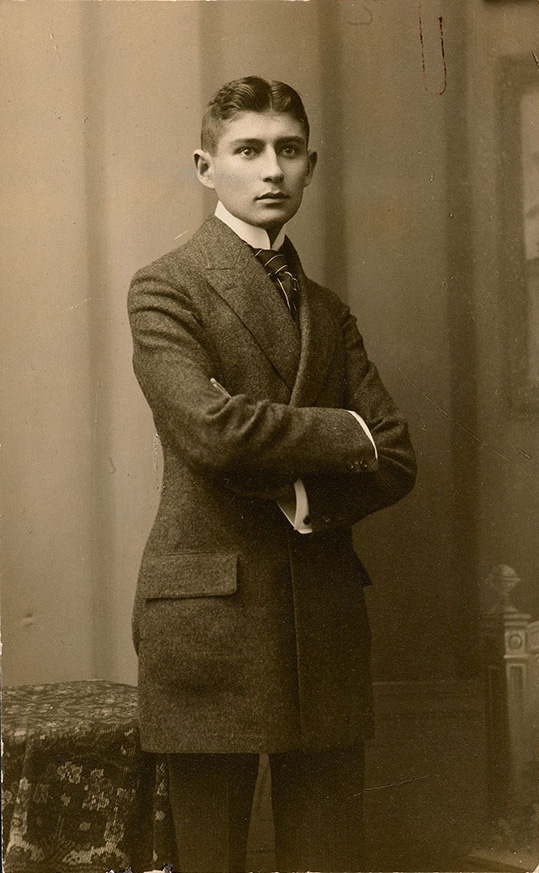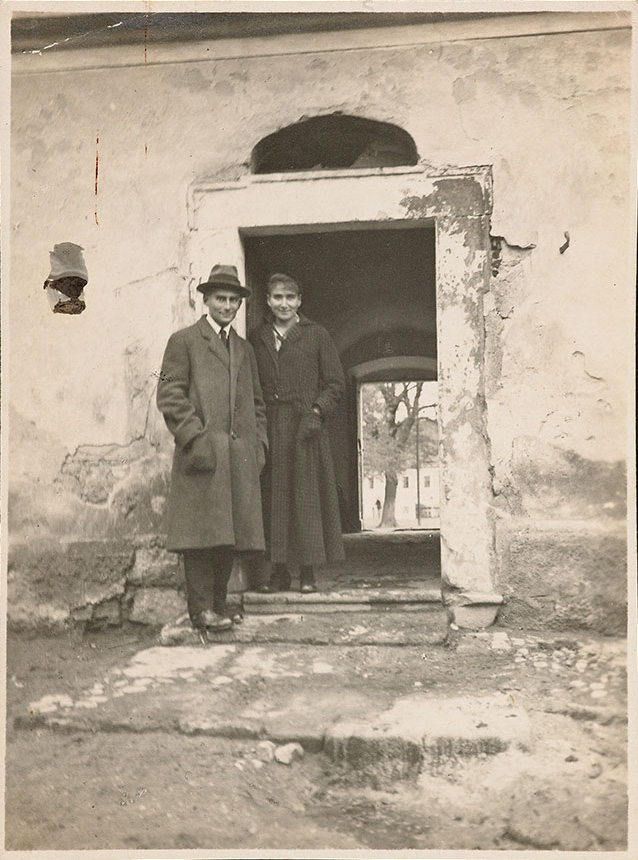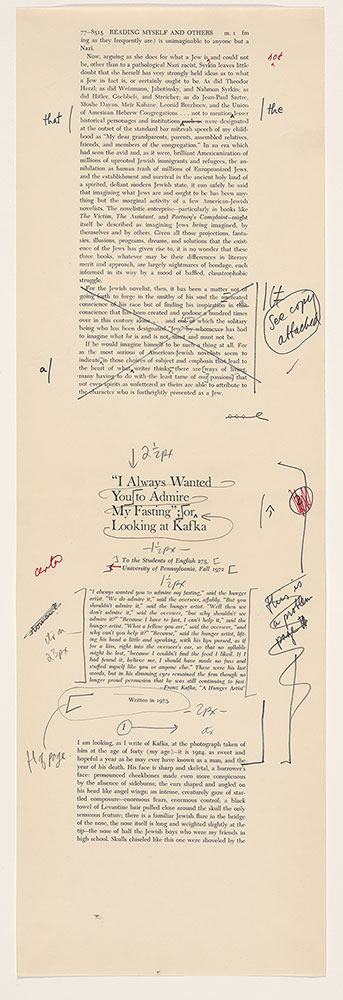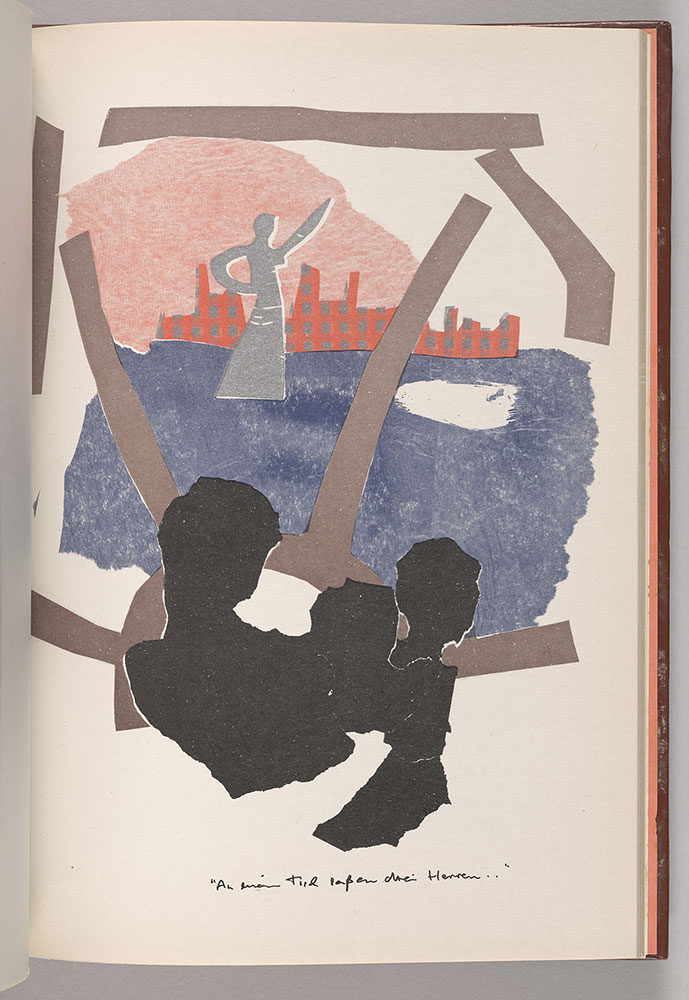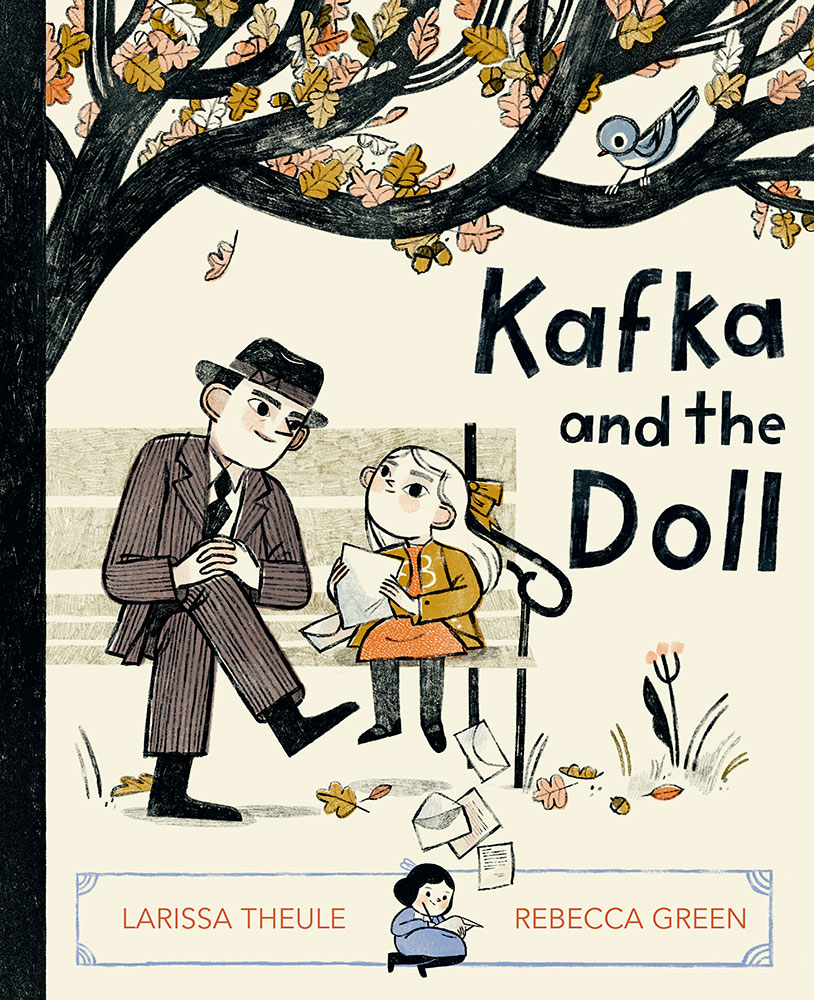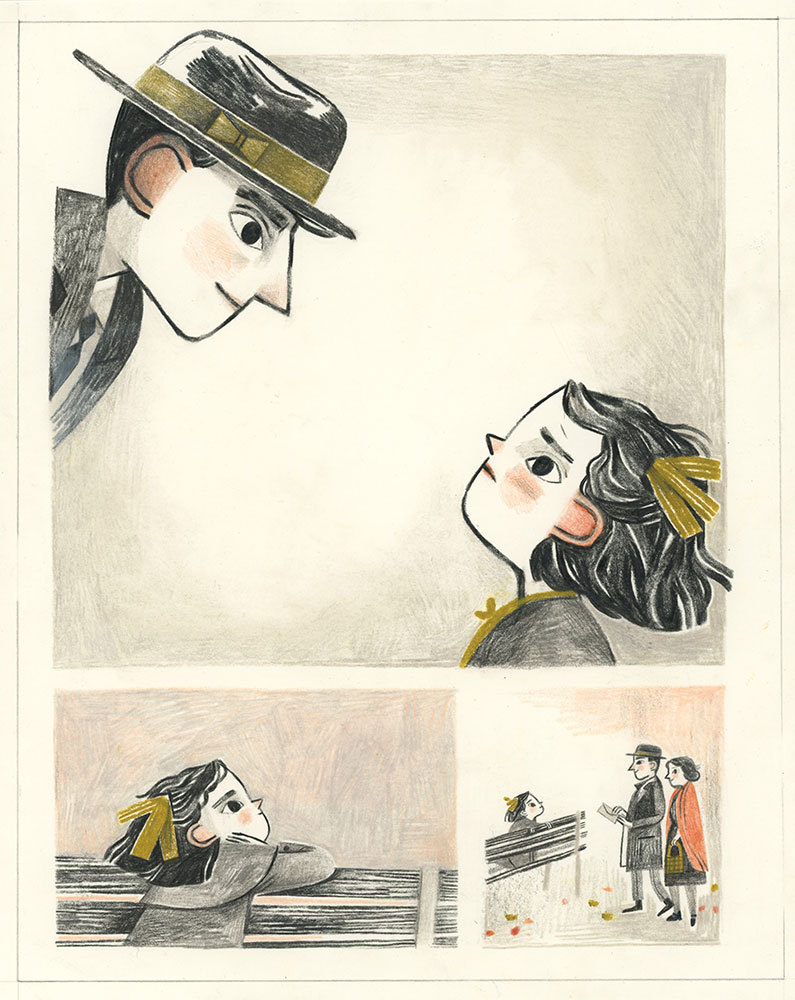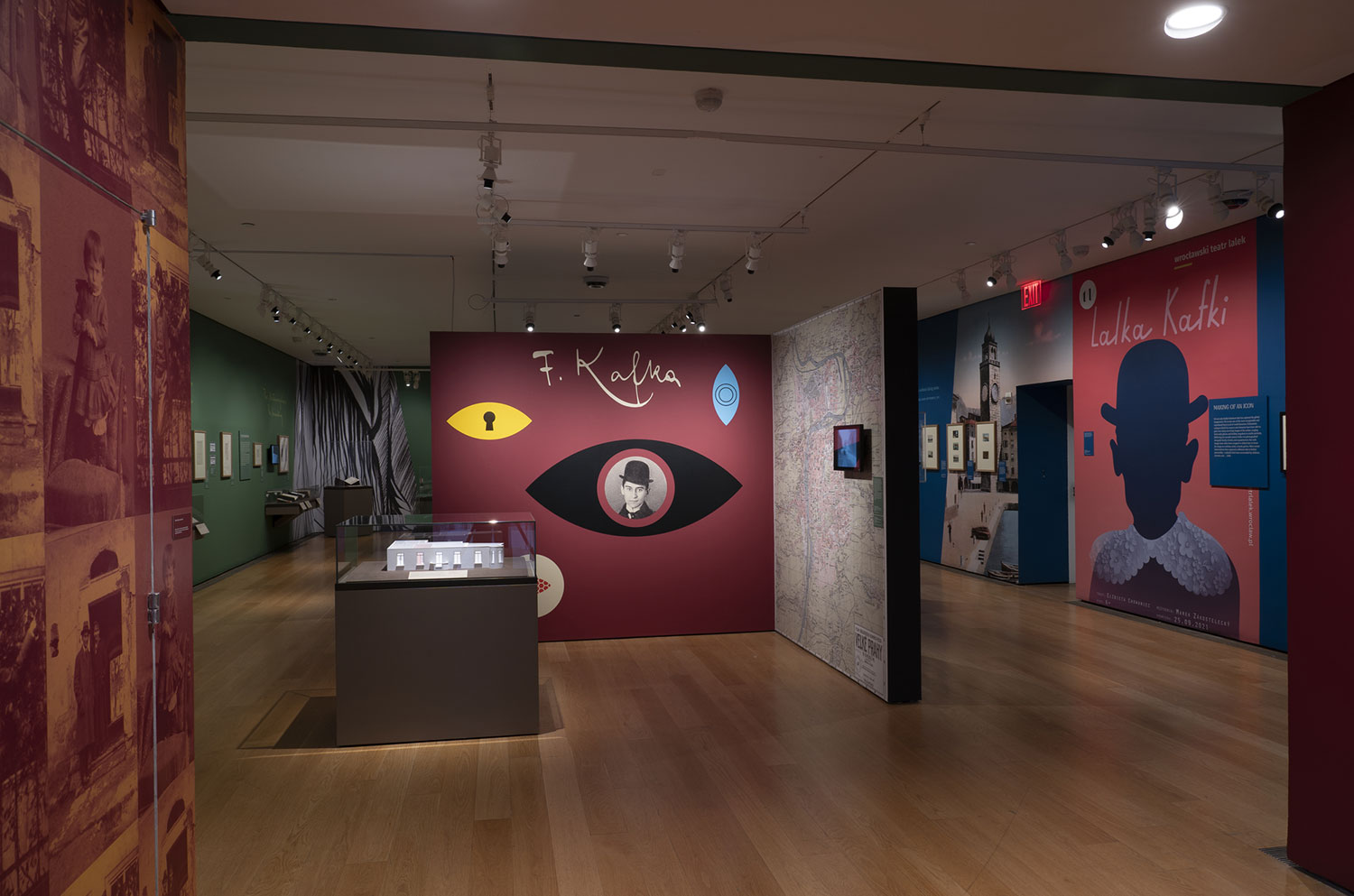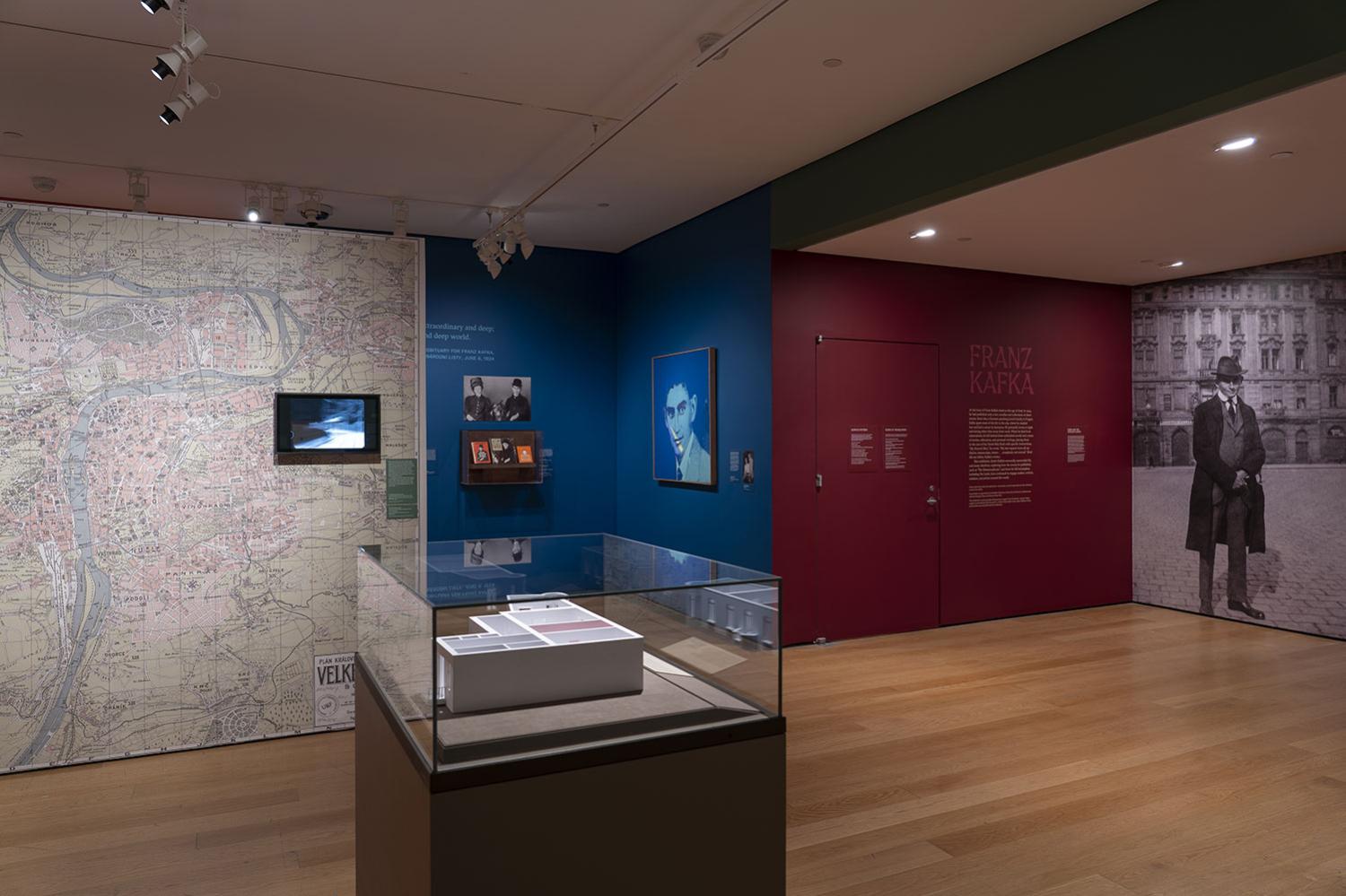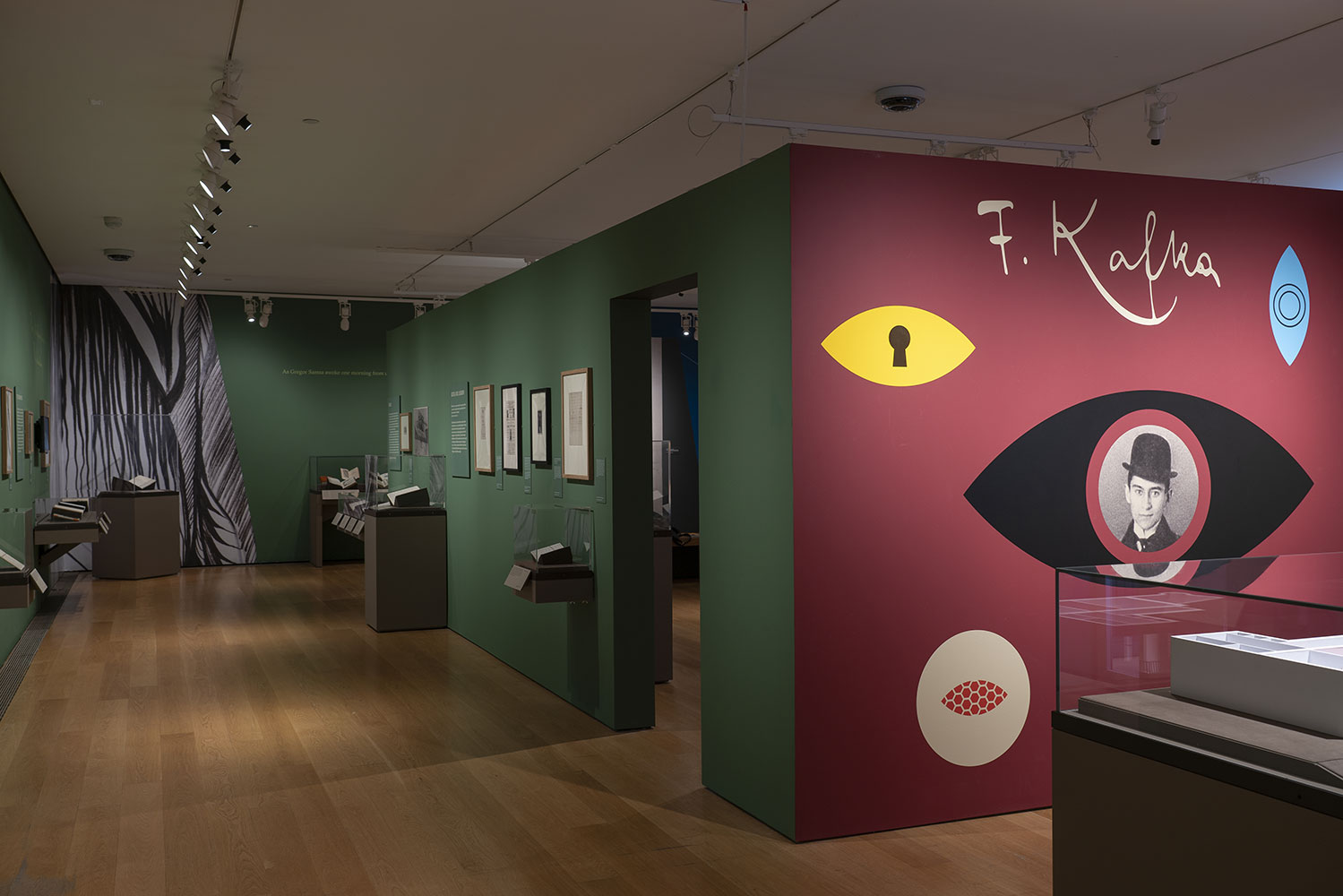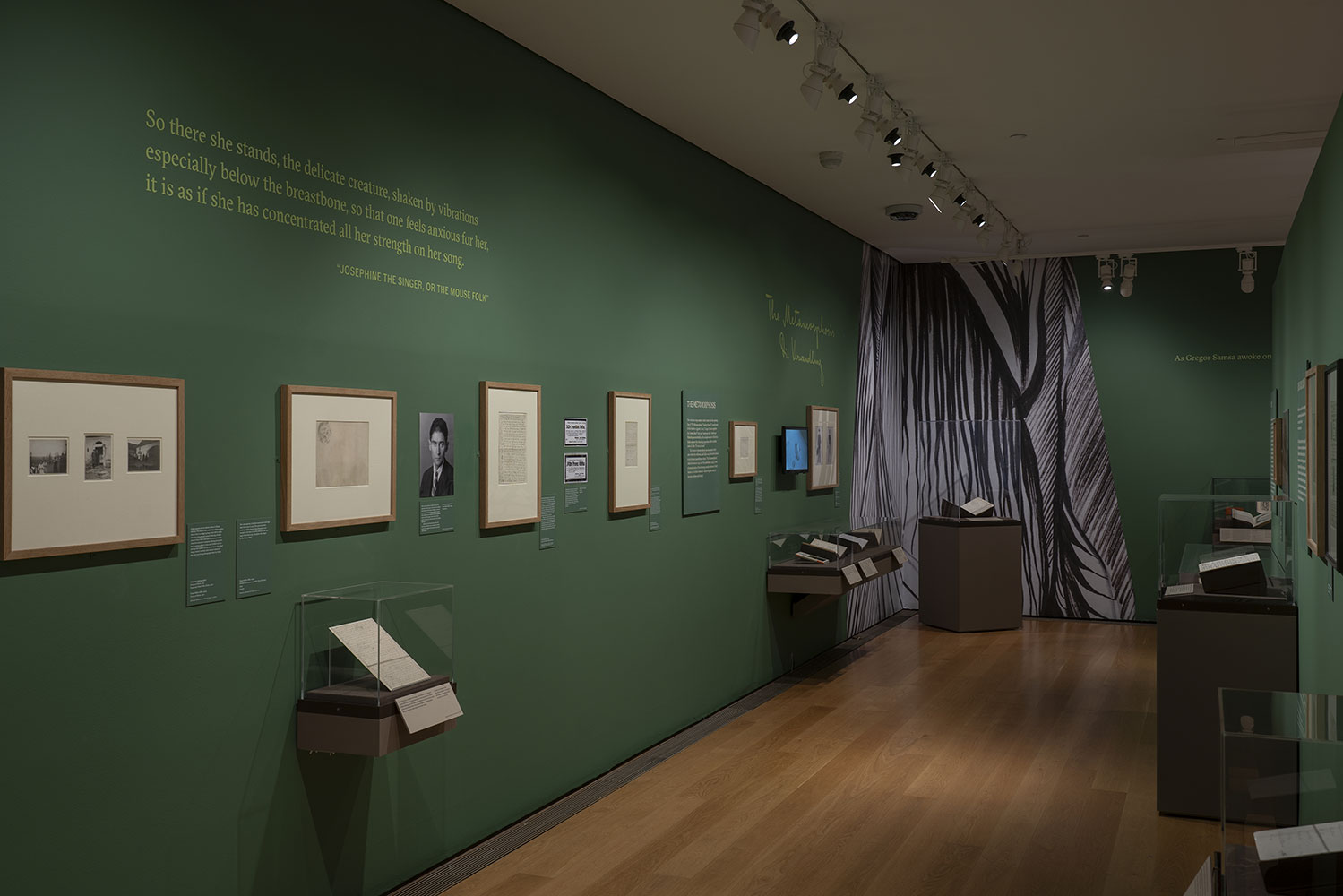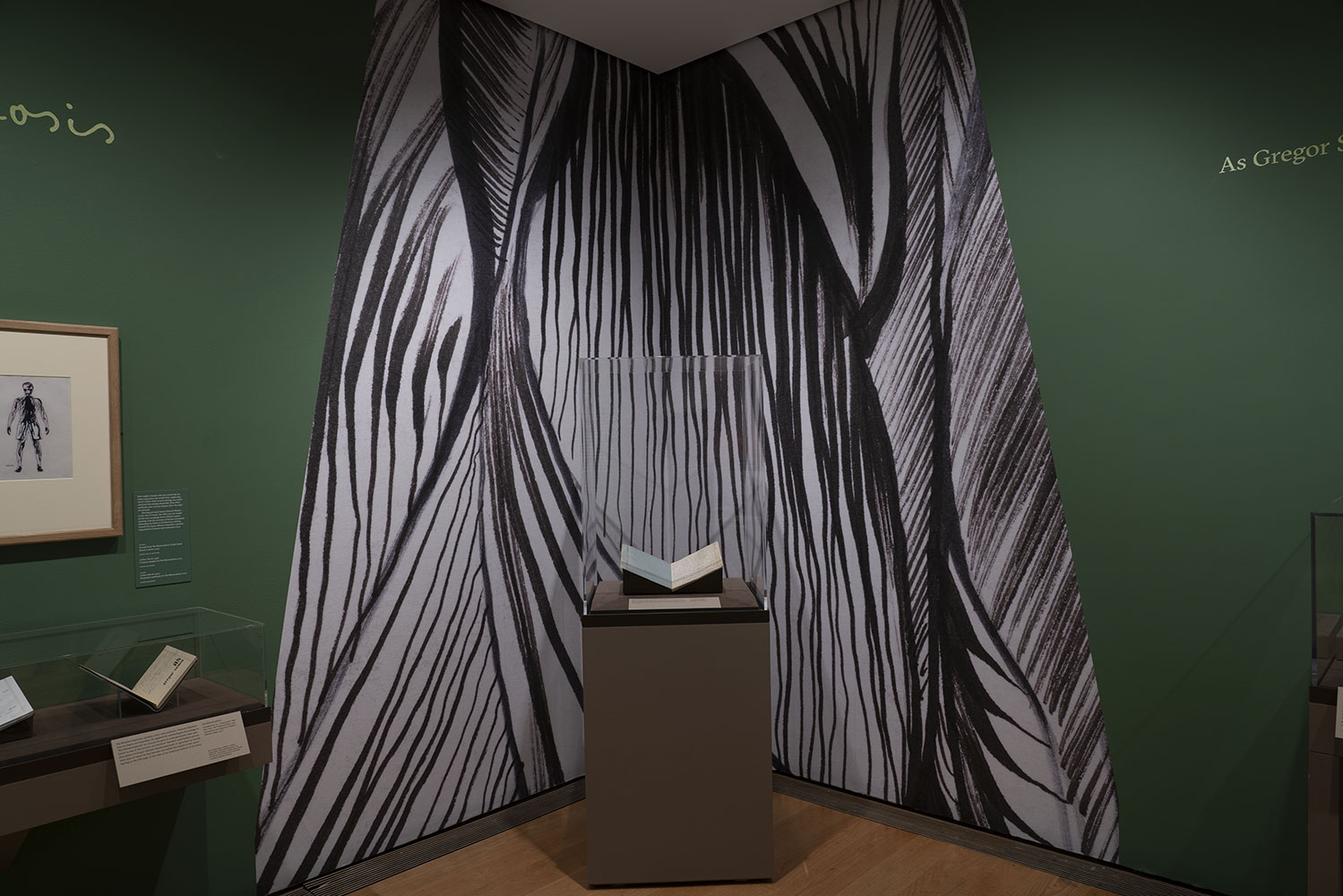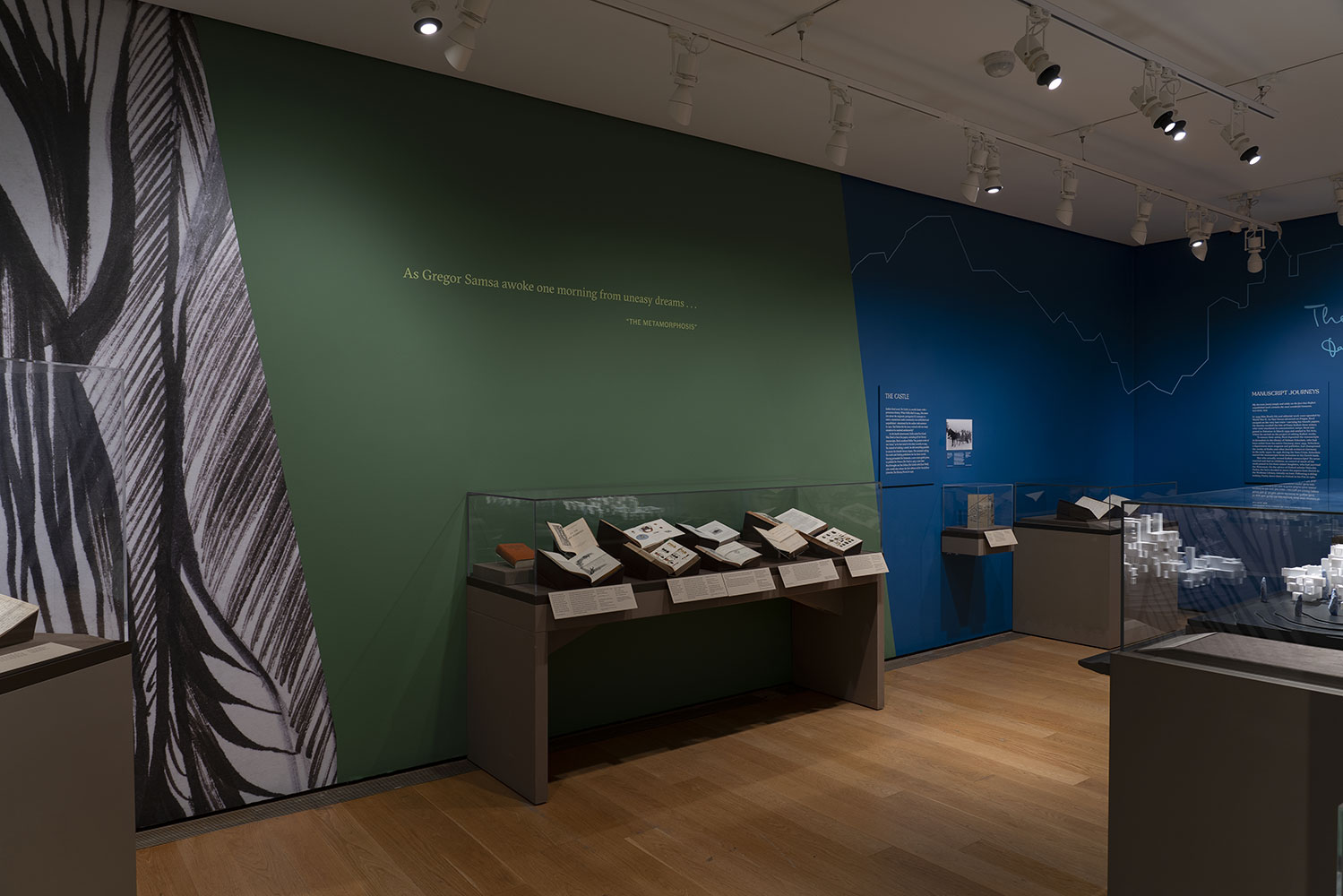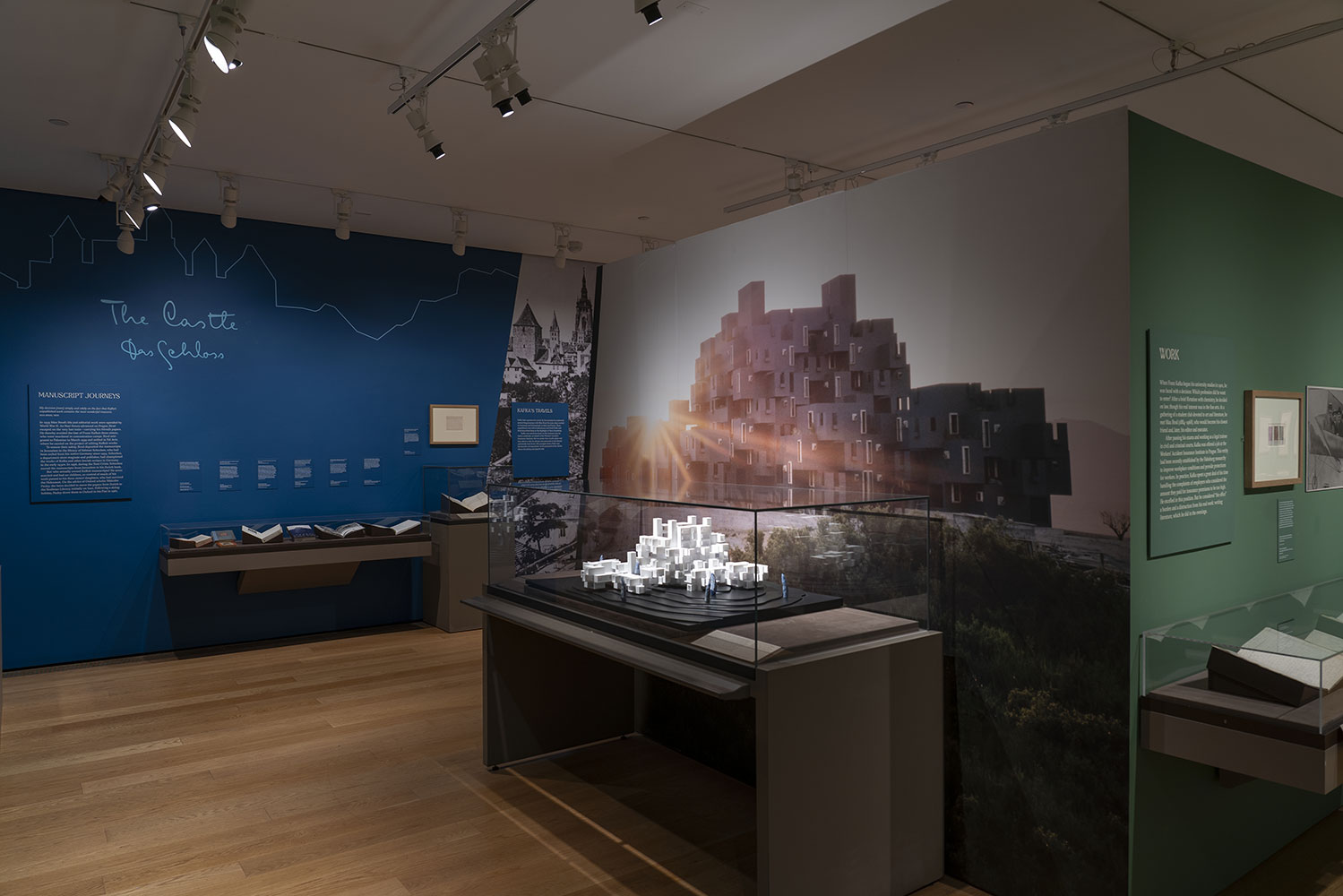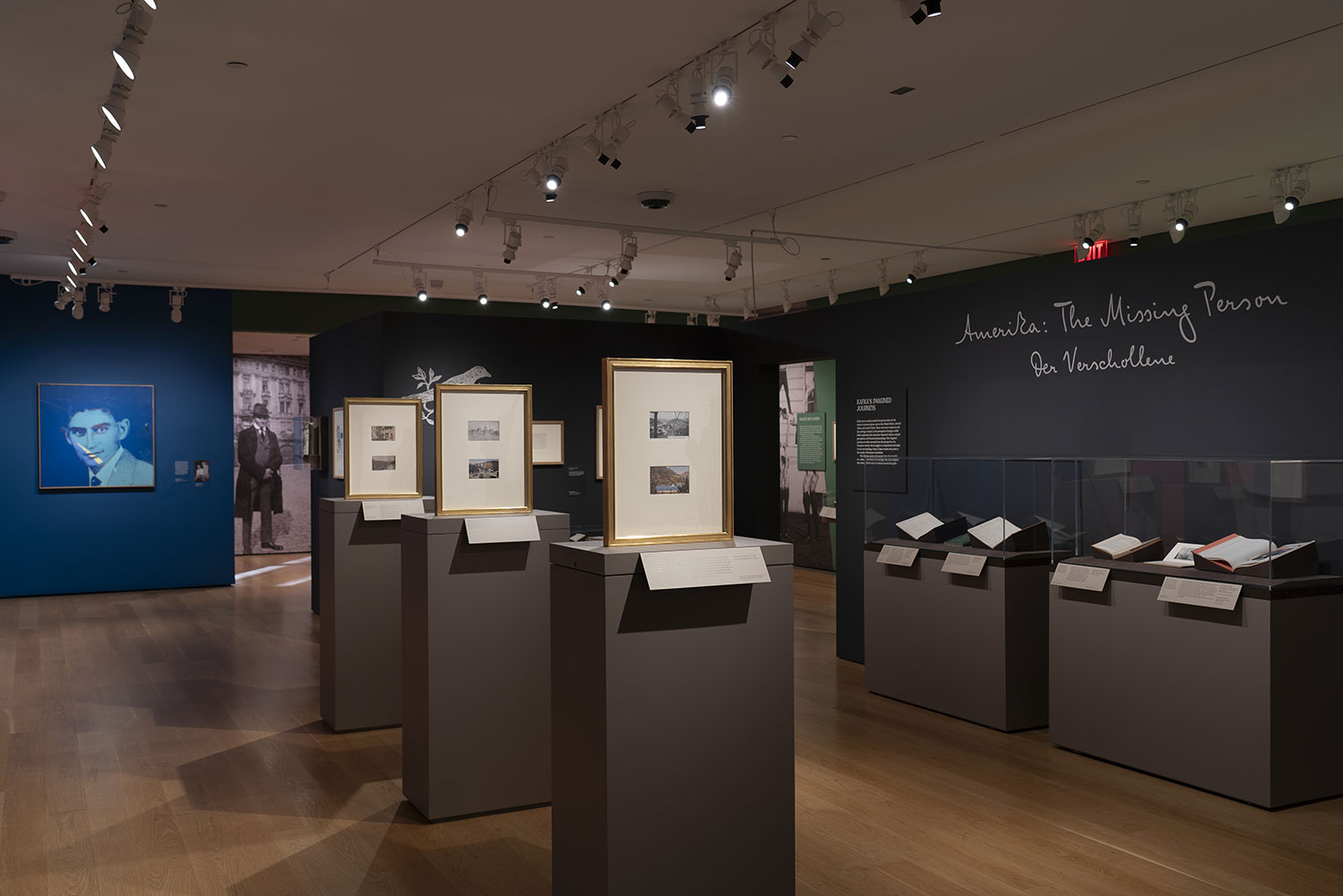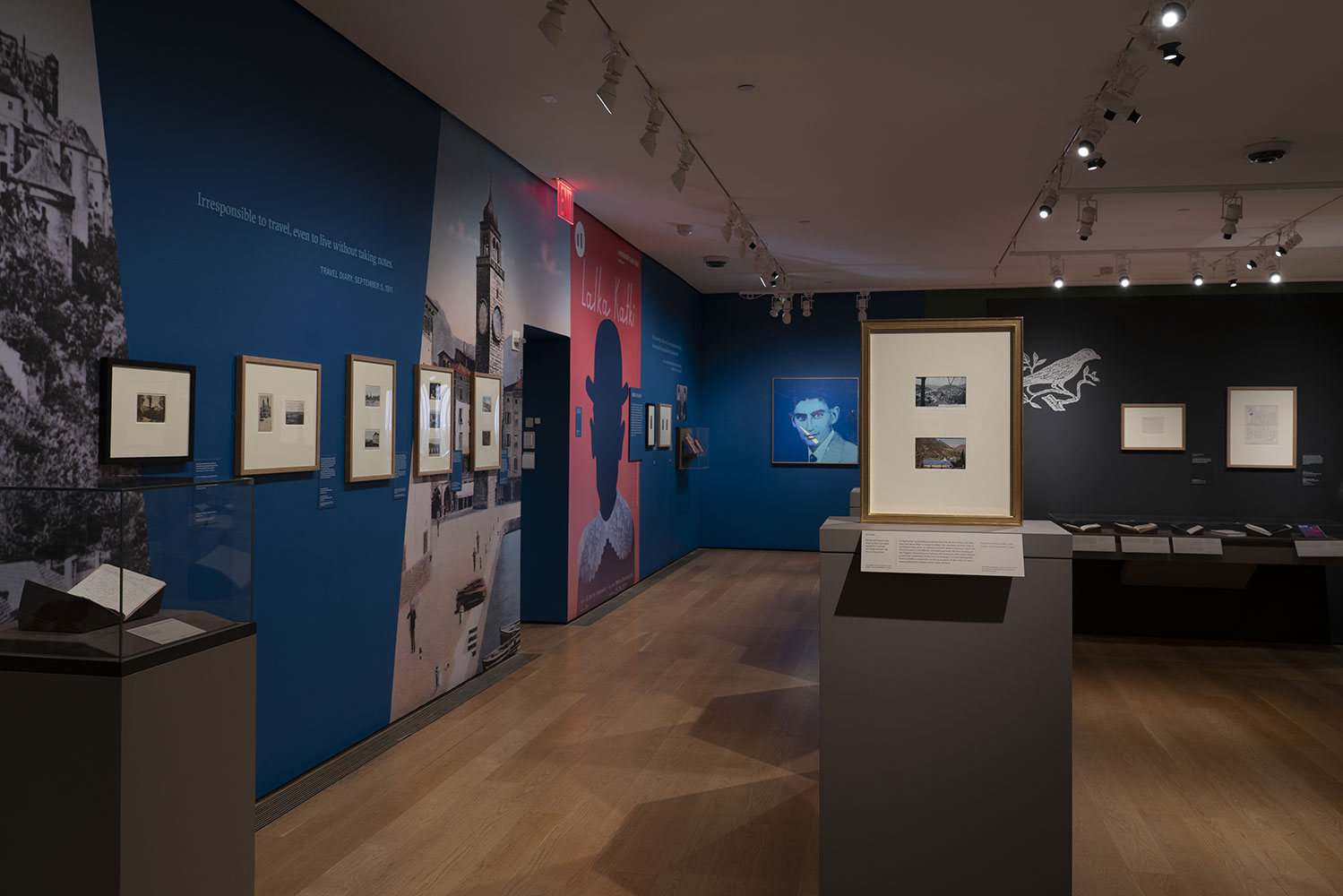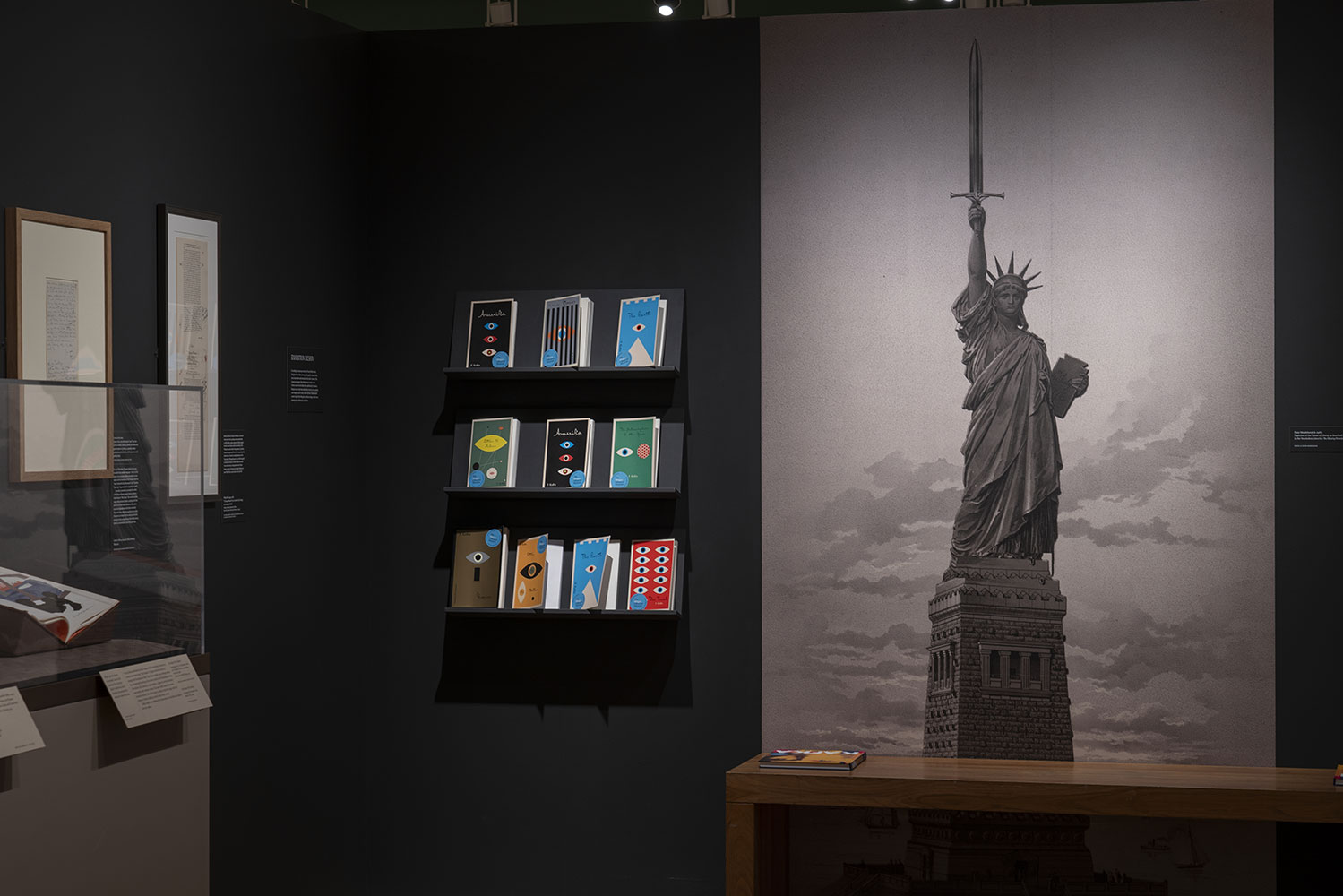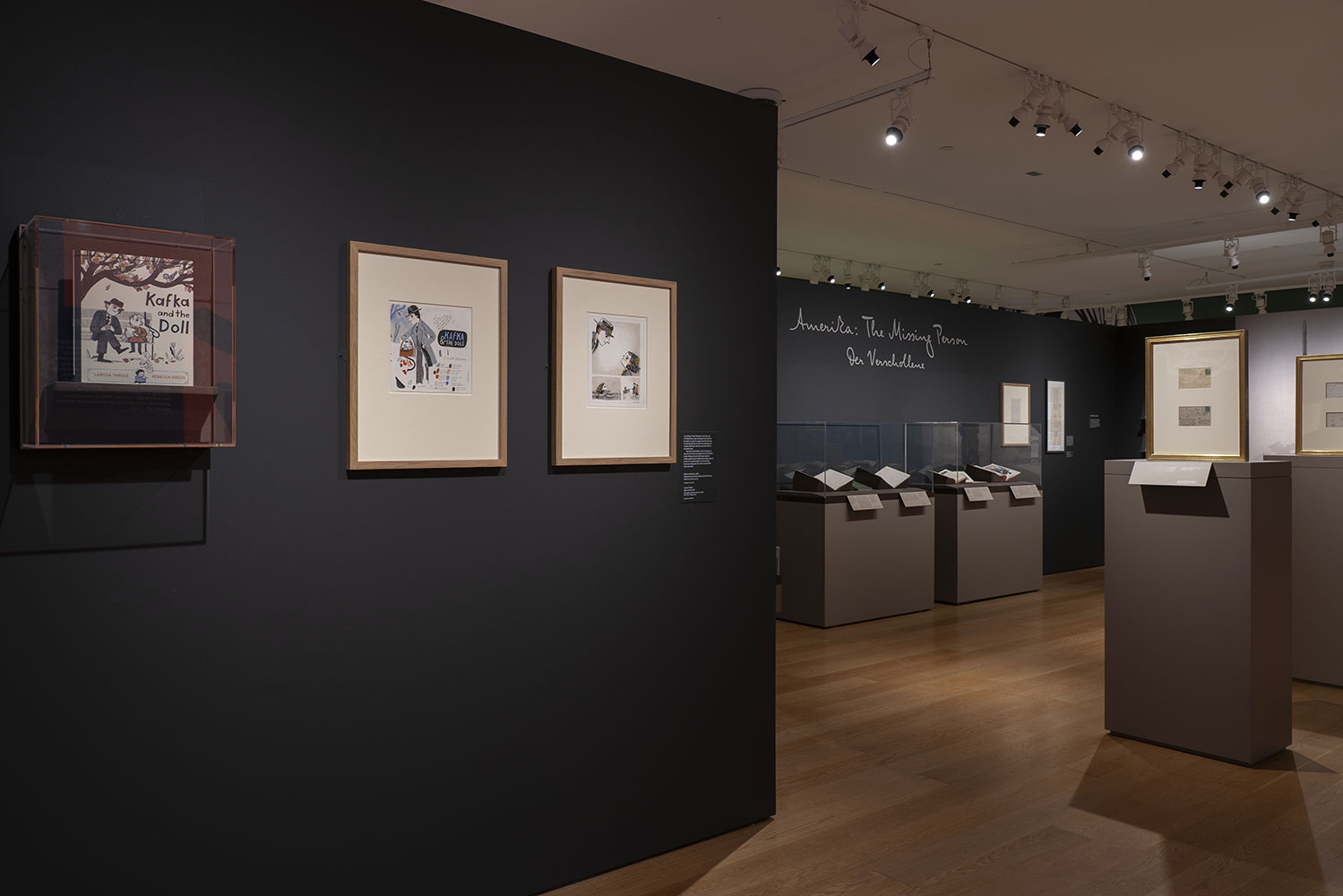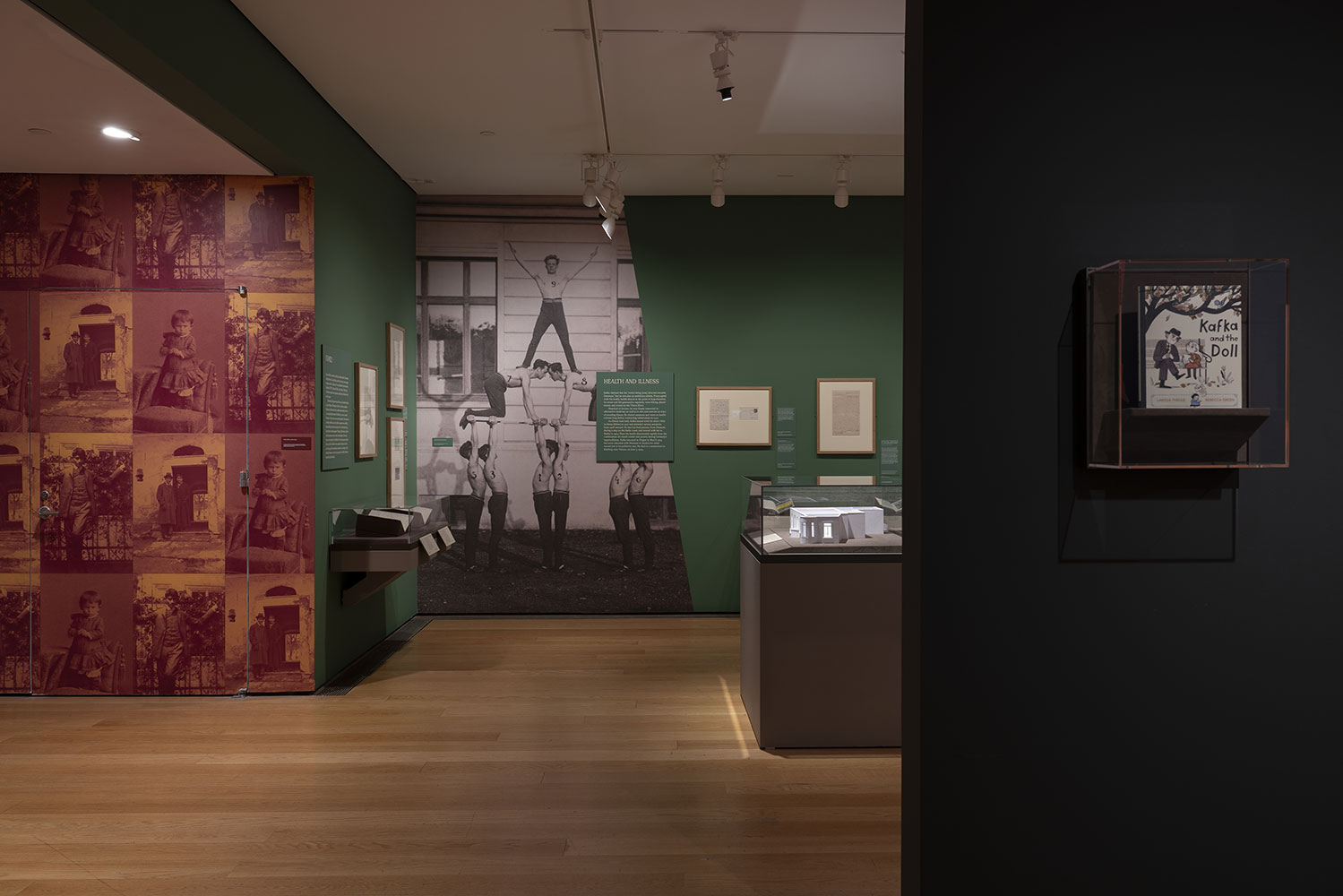When Franz Kafka died of tuberculosis at the age of forty, in 1924, few could have predicted the influence his relatively small body of work would have on every realm of thought and creative endeavor over the course of the twentieth century and into the twenty-first. This exhibition will present, for the first time in the United States, the Bodleian Library’s extraordinary holdings of literary manuscripts, correspondence, diaries, and photographs related to Kafka, including the original manuscript of his novella The Metamorphosis. Other highlights include the manuscripts of his novels Amerika and The Castle; letters and postcards addressed to his favorite sister, Ottla; his personal diaries, in which he also composed fiction, including his literary breakthrough, the 1912 story “The Judgment”; and unique items such as his drawings, the notebooks he used when studying Hebrew, and family photographs.
In addition to presenting unique literary and biographical material, the exhibition examines Kafka’s afterlife, from the complex journeys of his manuscripts, to the posthumous creation of a literary icon whose very name has become an adjective, to his immense influence on the worlds of literature, theater, dance, film, and the visual arts. Drawing on institutional holdings and private collections in the United States and Europe, the Morgan will show a selection of key works, among them Andy Warhol’s portrait of Kafka, part of his 1980 series Ten Portraits of Jews of the Twentieth Century.
Inspired by Franz Kafka, the Morgan is hosting a creative writing contest for teens.
Franz Kafka is organized by the Bodleian Libraries, University of Oxford in collaboration with the Morgan Library & Museum, New York. The exhibition curator at the Morgan is Sal Robinson, Lucy Ricciardi Assistant Curator of Literary and Historical Manuscripts
Franz Kafka is made possible with generous support from Frederick J. Iseman. Major support is provided by the Drue and H.J. Heinz II Charitable Trusts, Alyce Williams Toonk, and the Sherman Fairchild Fund for Exhibitions.
Franz Kafka, Altstädter Ring, Prague. © Archiv Klaus Wagenbach.

